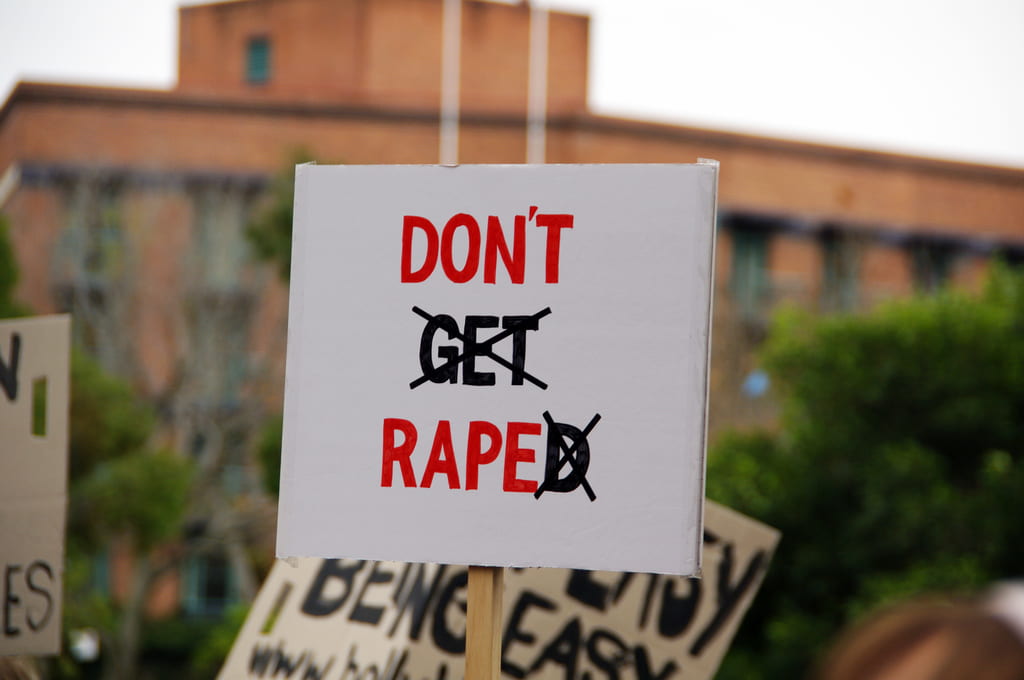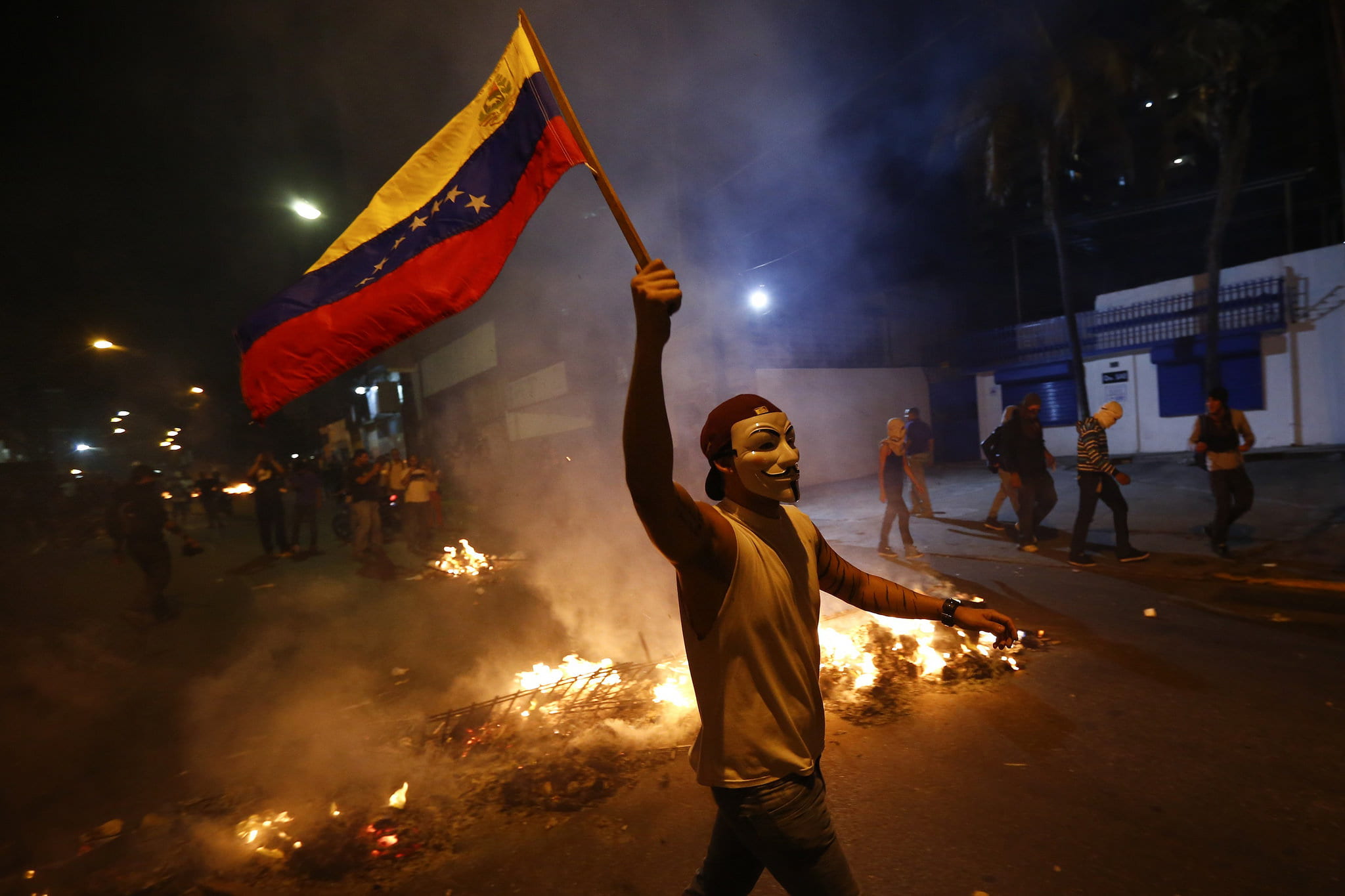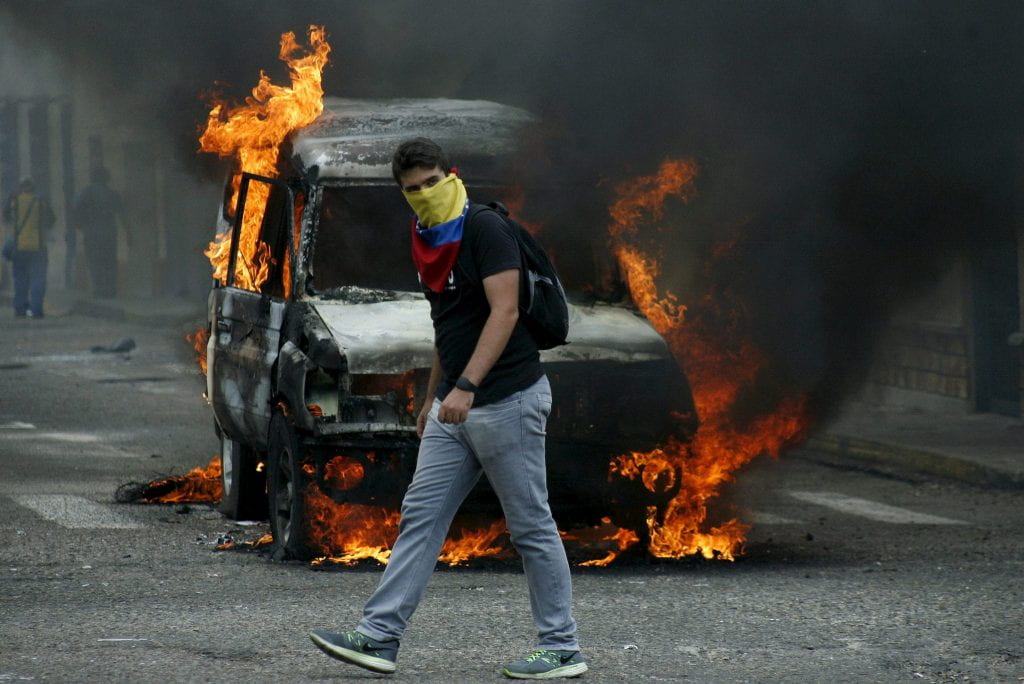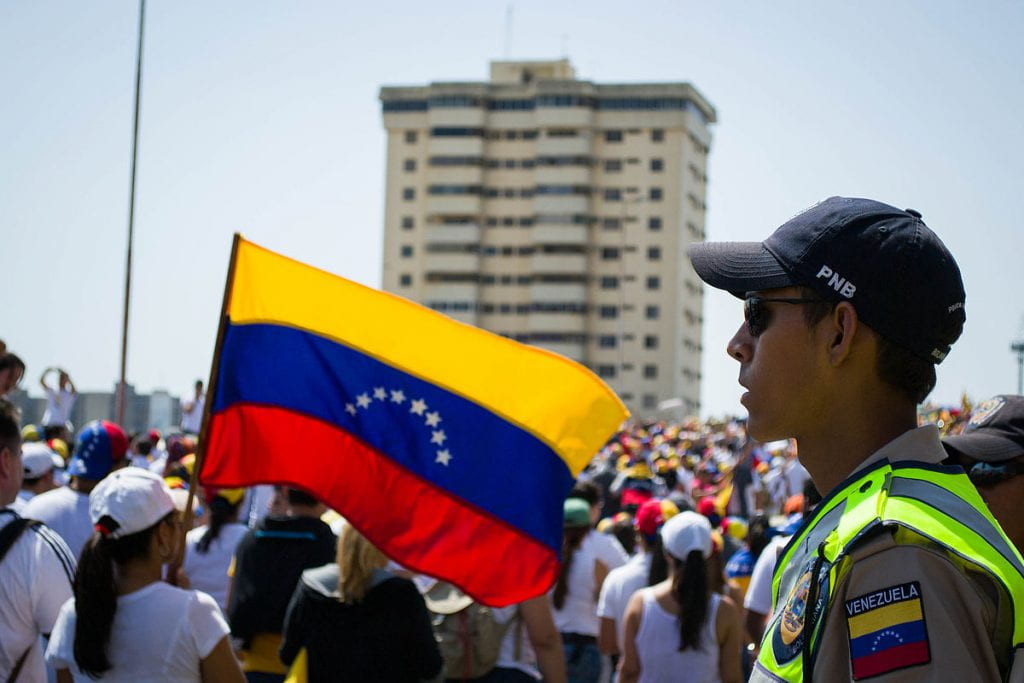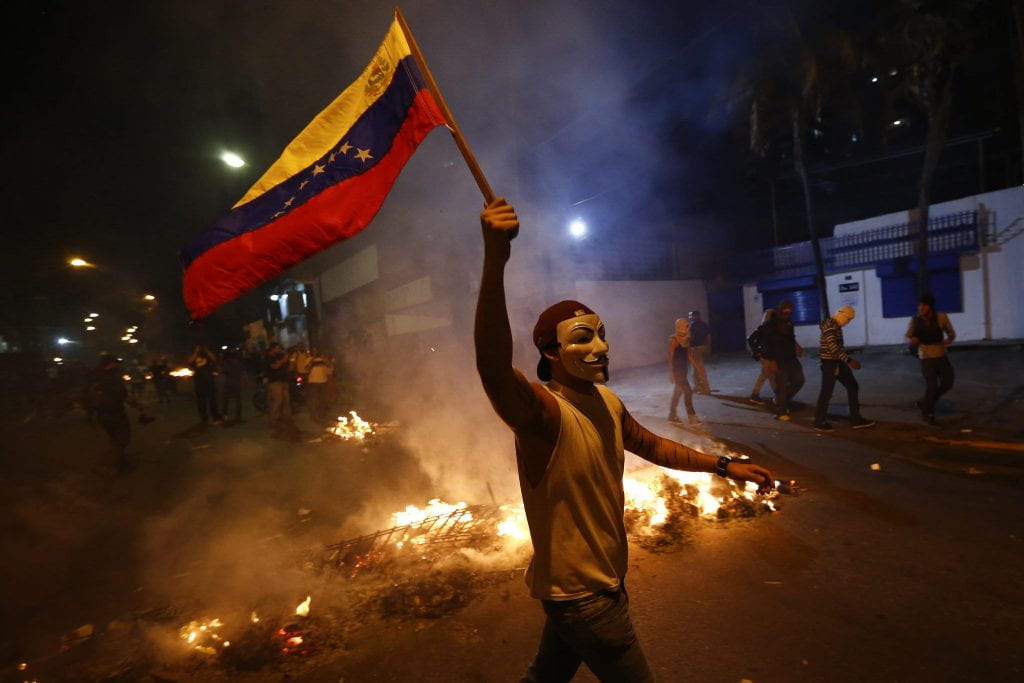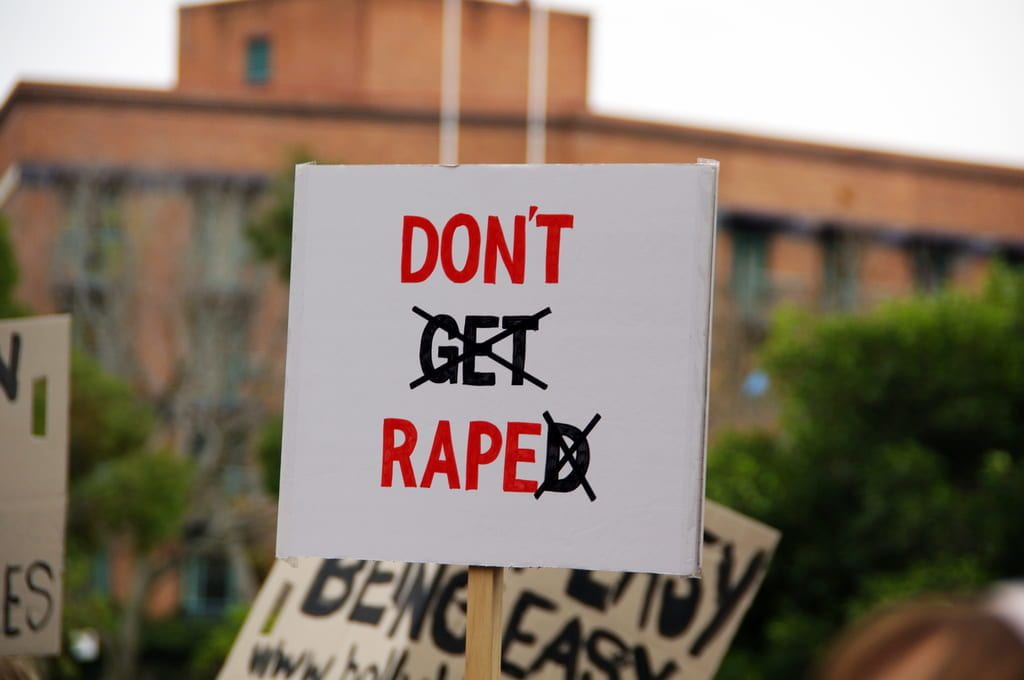
**As support for and sign of solidarity with the survivors of sexual assault, we repost this blog as a reminder that we hear, see, and fight with you #metoo.
April has been designated sexual assault awareness month. This blog is to inform about the culture of sexual assault, particularly rape. The term and language of “victim” in our culture, is utilized to reinforce victimization, rather than survivorship.
The Federal Bureau of Investigation (FBI) categorizes violent crime as murder and non-negligent manslaughter, rape, aggravated assault, and robbery. A Gallup poll collected in 2016 showed that Americans are now more worried about crime than they have been in years. Some crimes are faced head-on. These crimes are more easily categorized and motivations for committing such crimes are often more clearly defined; punishments for these crimes are more cut-and-dry and are much more strictly enforced. Other crimes, however, do not exhibit these same traits. Some crimes are very difficult to understand and motivations for committing such crimes are often skewed and unclearly defined; punishments for the crimes are wayward and loosely enforced. We find rape in this latter classification of violent crime.
It should be noted that it was not until 2013 that the word “forcible” was removed from the category of rape. This modification came in response to the also recent 2012 update to the United States Department of Justice (USDJ) definition of rape. From 1927 to 2012, The USDJ defined rape as “the carnal knowledge of a female, forcibly and against her will 1.” In 2012, the department updated this definition to “the penetration, no matter how slight, of the vagina or anus with any body part or object, or oral penetration by a sex organ of another person, without the consent of the victim 2.” These recent trends have solicited an encouraging response from various state legislatures. Just last week, Senate Bill 0217 was passed in Maryland, updating the state’s dated legal definition of rape. The new definition clarifies that victims are not required to fight their attacker in order to establish that a crime has been committed 3. These legislative changes are extremely important as we move to fully understand and effectively address the issue of sexual assault. These not only reflect that it is not the presence of physical resistance that defines a rape, but rather the lack of consent. Also addressed is the reality that survivors of rape increase their chances of being maimed or killed if trying to physically resist the rape. These updates additionally highlight the reality that women are not the only ones who are vulnerable to being victims of sexual assault. While these small victories should be celebrated, the necessity for continued breakthrough action is still very apparent.
As we moved through the end of 2016 and into the beginning of 2017, headlines involving sexual assault have been consistently present, and public responses has been as troubling as the crimes themselves. In early September 2016, the controversial sentence of former Stanford University swimmer, Brock Turner, was cut short at just three months after he was convicted for sexually assaulting a woman. Turner, at his trial stated, “My intentions were not to rape a girl without her consent … I was just trying to hook up with a girl 4.” During his trial, the victim also read a letter to Turner regarding her assault in which she wrote, “You have been convicted of violating me, intentionally, forcibly, sexually, with malicious intent, and all you can admit to is consuming alcohol,” she wrote. “Do not talk about the sad way your life was upturned because alcohol made you do bad things. Figure out how to take responsibility for your own conduct 5.” Unfortunately for many who empathized with this young woman, the Santa Clara County Superior Court Judge, Aaron Persky, sided with letters from family members and supporters that Turner’s future would suffer if given the harshest penalties. Turner was sentenced to a mere six months in jail and was released after only serving three 6. In October of 2016, remarks made by President Trump were released during last year’s election in which he states “when you’re a star, they let you do it. You can do anything 7.” This comment was in reference to sexual advances made towards women by our now president. He goes on to make an iconic claim that was upsetting to many female, as well as male voters. While many were sure these highly un-presidential and unsettlingly sexually violent comments would bring an end to President Trump’s campaign success, they ultimately had very little impact and fell by the wayside as Trump proceeded to victory in the 2016 Election. Most recently, a Utah Judge has faced criticism as he tearfully sentenced former Mormon bishop, Keith Robert Vallejo, to up to life in prison for sexual assault this April 8. Judge Thomas Lowe stated that “The court has no doubt that Mr. Vallejo is an extraordinary, good man…But great men sometimes do bad things,” and in that same breath, sentenced Vallejo to five years to life in prison for object rape, and to consecutive sentences of one to five years in prison for 10 counts of forcible sexual abuse9. It is in these examples that we can see how little focus is placed on victims as we evaluate cases of sexual assault.
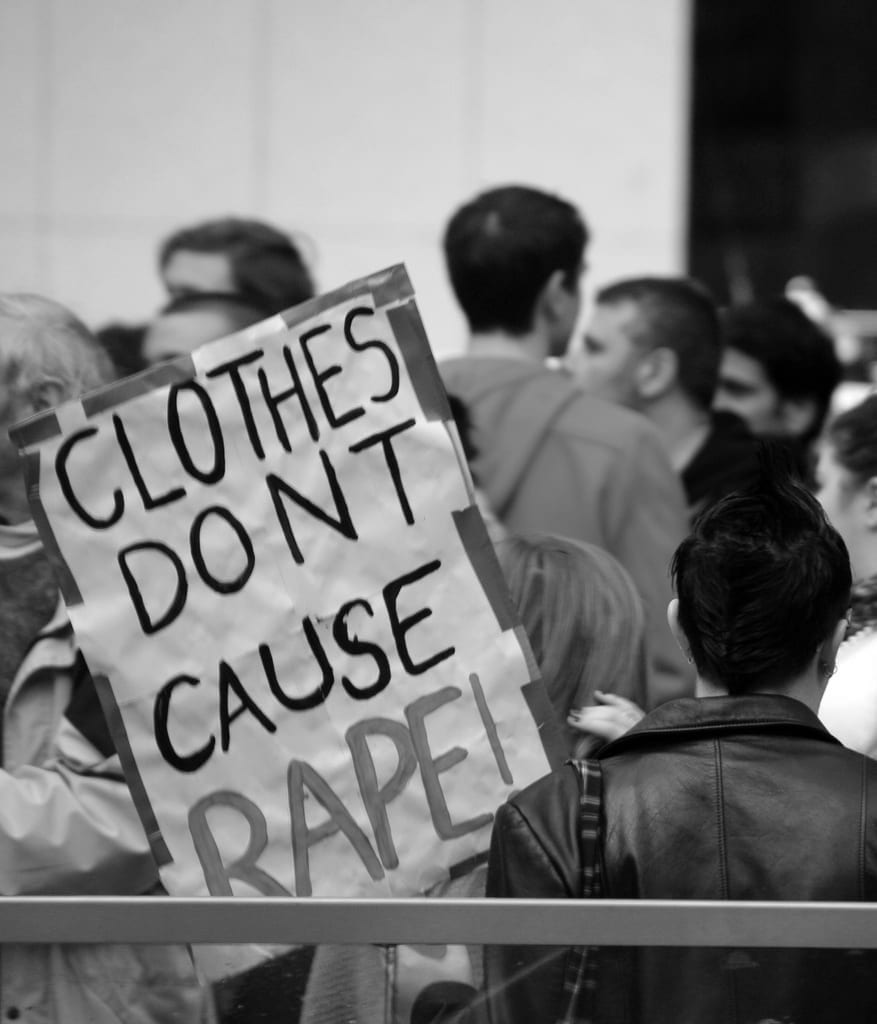
This void in focus on protecting victims and survivors become even more apparent when we look at the incredible volume of rapes that occur in the United States. In 2015 alone, the FBI reported that an estimated 90,185 rapes (rapes defined by the USDJ’s 1927 definition) reported to law enforcement10. In the United States one in five women and one in seventy-one men will be raped at some point in their lives 11. It should be noted that these numbers are only a rough representation of the actual number of sexual assaults that occur as rape is one of the most underreported crime in the United States with around 63% of cases going unreported yearly 12. Victims are blamed for placing themselves in high-risk situation or for engaging in high-risk behaviors. Claims by victims are often dismissed with the lack of physical force present in their accounts. Victims are additionally afforded little justice in the sentencing of their attackers as sentences are often short compared to other violent crimes and are rarely served in full.
In our negligence to consider victims we offer them very little room to become survivors. We deny victims the right we afford so many perpetrators of sexual assault – the right to move on with their lives. In refusing to acknowledge what so many have been through, we force them to face their experiences alone.
We make excuses to insulate sexual assailants from their crimes by citing their future and their cost to taxpayers in their incarceration. We often slough off sexually violent behavior as the norm without also evaluating the very real consequences of permitting such behavior. In reality, rape costs the United States more than any other crime, including homicide, at about $127 billion annually 13. Additionally, 81% of women and 35% of men report significant short-term or long-term impacts such as Post-Traumatic Stress Disorder (PTSD) following their attack 14. These are very quantifiable effects that result from sexual assault and yet we still tend to sympathize with perpetrators. We speculate over rape accusations as we cite the almost negligible percentage of false rape reports. Why is this the case?
Multiple sources cite that many individuals fail to allow themselves to accept their very real vulnerability to such crimes. We often find it comforting to think that victims can control whether or not they were raped, meaning that we can also control whether or not we are raped. We tell ourselves, “I would never wear a skirt that revealing, so I would never get raped,” or “I would never walk alone on that side of town, so I’m not at risk of being sexually assaulted.” Statements such as these are completely false, but when people say or think them, they create a distinction between those who get raped and those who don’t, when in fact there are no significant qualifying features of those who are raped. It’s somewhat of a mass-scale coping mechanism that allows us to inhibit empathy for victims as their reality is too brutal for us to identify with. What this coping-mechanism leaves us with is unnecessarily perpetuated, oversimplified, unfair, and ineffective methods for addressing sexual violence. Once again, it is the victims of sexual assault who suffer. Individuals weigh the costs of coming forward with reports of rape, leaving many cases unreported. Others face scrutiny and often harassment for claims made regarding sexual assault. In too many cases, those seeking justice and relief are backhandedly served with speculation and hopelessness as they fight a justice system that favors their attacker’s past and future rather than evaluating a crime that has been committed and the damage that has been done.
As improvements are made to various legislatures, we must continue to urge lawmakers and enforcers to rely on facts rather than traditional perceptions and feelings towards the issue. There is room for so much growth in our methods for understanding and addressing sexual assault and this growth can only be achieved as awareness increases and education is made more available. While there are plenty of cases that may leave us discouraged, we must not give up hope for progress in fighting not just against perpetrators of sexual violence, but for survivors of sexual violence. Offering support to victims has an incredible impact on their ability to become the inspiring survivors they have every right to be. If you find yourself sympathizing with a sexual assailant’s ability to move on with his or her life after a conviction and be rehabilitated, I urge you to consider also the ability of their victim to move on with his or her life and be rehabilitated. I understand that good people sometimes do bad things, but should this cliché cloud our judgment to the point that we do not hold individuals accountable for doing these bad things? Should we yield to traditional views surrounding this social issue? Or should we consider the facts and yield to our own uncertain vulnerabilities to such crimes? We could all be victims, and we should all actively work to foster a culture that takes this into consideration and has compassion for victims as we address each individual case.
Works Cited
1“An Updated Definition of Rape.” An Updated Definition of Rape. US Department of Justice, 2012. Web.
2 “An Updated Definition of Rape.” Web.
3 Jeltsen, Melissa. “Victims In Maryland No Longer Have To Prove They ‘Fought Back’ For Their Rapes To Be Crimes.” The Huffington Post. N.p., 19 Apr. 2017. Web.
4 Schwartz, Gadi. “Brock Turner, Convicted Sexual Assault Offender, Released From Jail After 3 Months.” NBC News. N.p., 2 Sept. 2016. Web.
5 Schwartz, Web.
6 Schwartz, Web.
7 The New York Times. “Transcript: Donald Trump’s Taped Comments About Women.” The New York Times. N.p., 8 Oct. 2016. Web.
8 Weiss, Debra Cassens. “Judge Is Criticized for Calling Ex-clergyman a ‘good Man’ before Sentencing Him for Sexual Assault.” ABA Journal. N.p., 17 Apr. 2017. Web.
9 Weiss, Web.
10 “Rape.” FBI. FBI, 16 Aug. 2016. Web.
11 Statistics about Sexual Violence. N.p.: National Sexual Violence Resource Center, 2015. PDF.
12 Statistics about Sexual Violence. PDF.
13 Statistics about Sexual Violence. PDF.
14 Statistics about Sexual Violence. PDF.
